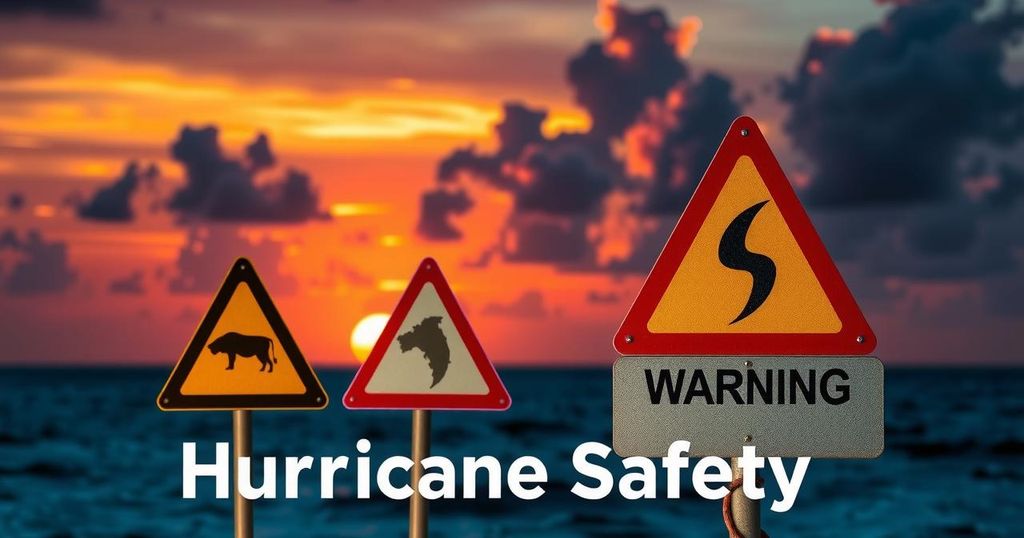WMO Hurricane Committee Retires Storm Names Due to 2024 Impacts

The WMO Hurricane Committee has retired the names Beryl, Helene, Milton, and John due to their severe impacts in 2024. New names Brianna, Holly, and Miguel will replace them in the Atlantic basin, with Jake replacing John in the eastern Pacific. The committee highlights the importance of early warnings and improved disaster management to mitigate the effects of future hurricanes.
The World Meteorological Organization (WMO) Hurricane Committee has officially retired several storm names due to the severe damage and fatalities they caused in 2024. The names Beryl, Helene, and Milton from the Atlantic basin, and John from the eastern Pacific basin, have been removed from the naming lists. Beryl, Helene, and Milton will be succeeded by the names Brianna, Holly, and Miguel, while Jake will replace John.
The retirement of names associated with deadly storms is a part of a larger safety measure aimed at public readiness. The naming system helps disseminate crucial storm warnings and alerts for potentially hazardous conditions. It is noteworthy that these storm names are revisited every six years unless a storm’s impact is catastrophic enough to warrant retirement.
Hurricane Beryl, noted as the earliest recorded Category-5 hurricane in the Atlantic basin, inflicted substantial damage across the Caribbean. Both Helene and Milton similarly caused considerable devastation within the United States. Hurricane John induced lethal flooding in Mexico’s Guerrero state. WMO’s efforts extend beyond naming conventions, encompassing vital operational plans that aid in forecasting and disaster response.
Michael Brennan, Chair of the Hurricane Committee and Director of the Regional Meteorological Specialized Center in Miami, emphasized the importance of preparedness ahead of the 2025 hurricane season. He noted, “The work of the Hurricane Committee is critical to ensuring that everyone in the region is ready for the upcoming hurricane season.”
WMO Secretary-General Celeste Saulo highlighted the significance of collaboration since 1978 and its role in saving lives and preventing economic losses. Despite progress in early warnings and disaster risk management, tropical cyclones remain a significant global concern due to rising economic impacts over time. The Hurricane Committee also updated the Region IV Hurricane Operational Plan to improve early warnings for upcoming storms.
In 2024, the Atlantic basin experienced 18 named storms, 11 of which were hurricanes, including five major hurricanes. The rising incidence of severe storms emphasizes the need for effective forecasting and disaster response strategies, as historical data indicates that cyclones are among the primary causes of human and economic losses globally.
Hurricane Beryl made landfall in Grenada as a Category-4 hurricane, resulting in 34 fatalities and severe damage in multiple regions. Hurricane Helene caused extensive flooding and damage in the U.S., claiming more than 248 lives, while Hurricane Milton inflicted significant destruction, leading to 15 fatalities. Hurricane John also wreaked havoc in Mexico, causing 29 deaths and extensive property damage, highlighting the urgent need for ongoing disaster preparedness efforts.
The retirement of storm names Beryl, Helene, Milton, and John underscores the catastrophic impacts these hurricanes had in 2024. The WMO Hurricane Committee continues to make significant strides in enhancing public safety through better forecasts and comprehensive disaster management strategies. Improved naming systems and operational plans aim to raise awareness and preparedness for future storms. As hurricanes become increasingly severe, it is essential to maintain and enhance these efforts to protect lives and property effectively.
Original Source: wmo.int







